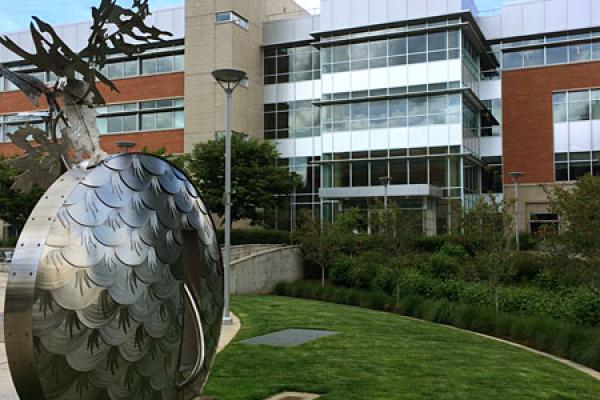To comply with state law, Clackamas County must amend the county code related to natural resources and natural hazard areas to meet new standards for development, including housing.
As we review and amend our zoning code to have a clear and objective pathway for housing development, it will create clear and objective pathways for all development.
These new “clear and objective standards” are now required for nearly every type of land use regulation that applies to housing development.
Clear and objective standards are terms, definitions and measurements that provide for consistent interpretation of a regulation. In other words, any two people applying the same standard to a development would get the same result. If a rule is clear and objective, then there is no need for a land use reviewer to use their discretion in interpreting the standard.
Meeting the goal for clear and objective standards will provide ease of use and efficiency for the development community and for staff supporting development in Clackamas County.
Project schedule
The four major milestones of this project include:
- June – Oct. 2025 | Code audit and concepts: A consultant will identify update needs summarized in an audit with initial recommendations. The Planning Commission will review and comment on the audit in October 2025.
- Nov 2025 – April 2026 | Initial draft code updates: A first draft of the code amendments will be completed based on the findings and initial recommendations from the audit, initial input from the Planning Commission and community feedback. The Planning Commission will review and comment in spring 2026.
- May – Aug. 2026 | Revised code updates: Based on feedback from the Planning Commission, stakeholder and community input, a revised set of code amendments will be provided to the Planning Commission for a second round of review.
- Sept. – Nov. 2026 | Adoption: Finalize code updates and prepare for adoption, scheduled for fall 2026.
.png)
Applicable sections of code
Updates to other code chapters may be identified through the process. This project intends to avoid updates to the mapped inventories and changes to the level of protection from development. Rather, the code updates aim to clarify the existing regulations that apply to the resource inventories for the purposes of meeting the state’s clear and objective requirements for housing.
- River and Stream Conservation Areas (RSCA – ZDO 704) – Areas adjacent to rivers and streams intended to protect water quality and river habitat outside the Urban Growth Boundary. .
- Willamette River greenway (WRG – ZDO 705): Areas adjacent to the Willamette River intended to protect water quality and habitat.
- Habitat conservation area districts (HCA – ZDO 706): Mapped wetlands, riparian corridors and wildlife habitat inside the Urban Growth Boundary.
- Water quality resource areas (WQRA – ZDO 709): Mapped wetland and riparian corridors inside the Urban Growth Boundary.
- Protection of natural features (ZDO 1002): Mapped areas of natural resources and natural hazards including hillsides, open spaces and specific natural areas.
- Rural Residential Zones (ZDO 316 and 317) Such as the Mountain Recreational Resort District, a Low Density Residential zoning district regulated by the Mount Hood Community Plan
- Hazards to safety (ZDO – 1003): Mapped areas of mass movements and landslides, soil, floodplain, and fire hazards.
- Open space and parks (ZDO 1011 and 1103): Areas identified as Open Space on Comprehensive Plan Maps and can include many of the natural resources discussed above.
Applicable areas and land uses
Housing regulations in ORS 197A.400 apply to:
- All land within an urban growth boundary;
- Land within unincorporated communities designated in a county’s acknowledged comprehensive plan after December 5, 1994;
- Rural Industrial and Rural Commercial;
- Areas zoned for rural residential use.
Stay connected
- Sign up for project email list
- Attend Planning Commission work session meetings
- Attend a virtual town hall meeting – date/time/location – public comment on agenda
 Translate
Translate






